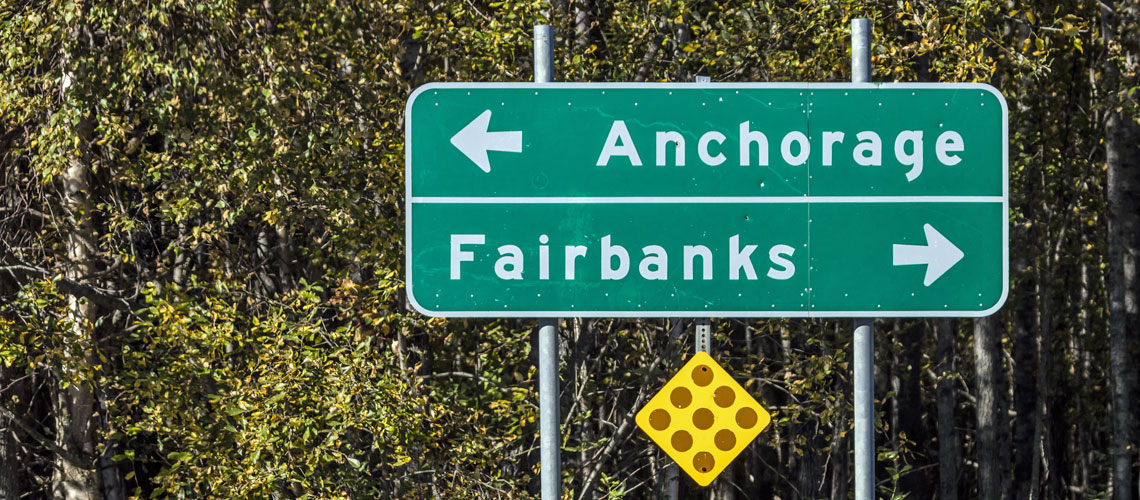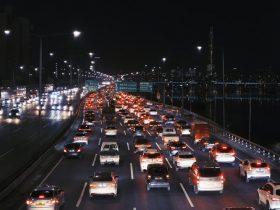BY
As Alaska’s legislative session ends, some perplexing in-house political gamesmanship has kept a popular bipartisan measure from making it to the House floor. It’s a shame, because freedom-loving Alaska now remains one of just a handful of states that still doesn’t allow ridesharing services such as Uber and Lyft to operate within its boundaries.
Senate Bill 14 has passed the full House and needs only a vote of the Senate to move it along to the governor’s office. But according to news reports, the House has bottled up the legislation in the Rules Committee, which rarely meets. The measure reportedly is being used as leverage by legislators fighting a contentious budget battle.
The Alaska Journal of Commerce reports that, instead of letting S.B. 14 get to the House floor and then presumably to the governor for his signature, “the House is effectively starting the legislative process anew by advancing its own version of Uber legislation.”
That’s bad for Alaskans, given the obvious benefits of allowing these services to operate. The bill wisely clarifies that these drivers are independent contractors, thus restricting various efforts to mandate the payment of myriad employee benefits and thereby keeping this a cost-effective option. It also would prevent Alaska cities from imposing their own onerous local restrictions on these services. The bill requires background checks for these TNC drivers, but it’s still overall a good step forward that’s backed by ridesharing companies.
Although Alaska political observers expect that a ridesharing bill will eventually get to the floor at some point this year or next, it’s mistake to delay the ability of these companies to offer not only jobs, but rides to people who need a convenient – or safe – way to get home.
The Economist recently reported on a new study suggesting that “the arrival of Uber to New York City may have helped reduce alcohol-related traffic accidents by 25-35 percent.” According to the U.S. Centers for Disease Control, Alaska has one of the nation’s highest rates of excessive drinking. Uber and Lyft aren’t a panacea for such a significant social problem, but they could make the streets of Anchorage, Juneau and Fairbanks a bit safer.
With a week to go before the session’s end and a budget crisis looming, legislators might have other things on their mind. But the budget problem will eventually get fixed. Alaska residents who want to use ridesharing services shouldn’t be held hostage to that process.

Ridesharing: a Victim Of Alaska’s Budget Battle
Posted by
Jimmy_Lecar
7 years Ago
14th May 2017
What’s your reaction?
Shares
Jimmy_Lecar


















